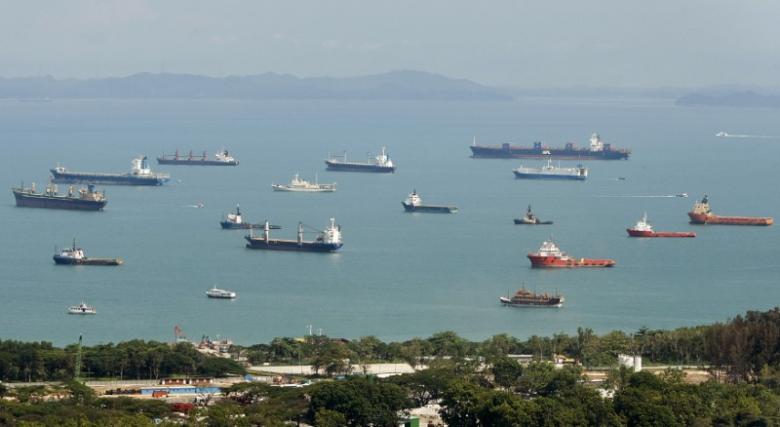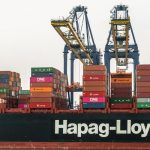Car Carrier Trade & Transport 2023, the comprehensive annual review and outlook for the car carrier shipping market, has today been released by Clarksons Research onto their Shipping Intelligence Network platform. Summarising the report, Steve Gordon, Managing Director of Clarksons Research, commented:
Car carrier markets remain at all-time highs, with transportation costs elevated, charter rates up a further 10% y-o-y to a new record $115,000 per day (over 7x average 2019 levels) and car carrier operators generally reporting very strong earnings.
Seaborne car trade is projected to increase by 17% y-o-y to 23.7m vehicles in 2023, the fastest growing seaborne trade across maritime and surpassing the previous high of 21.5m cars in 2018.
Strong export growth from Asia including China (4.1m cars projected for 2023, up from <1m cars in 2020), Japan (up 17% to 5m cars) and South Korea (up 20% to 3.2m).
The US will remain the largest importer (4.2m cars), but European imports overall have been the biggest driver of import growth (+39%) this year.
Trends towards extra distance (average distance of trade up 7% since 2020), increasing trade of electric vehicles and hybrids (29% share of trade vs 9% in 2019) and increased ‘high and heavy’ cargo.
The car carrier fleet stands at 760 vessels of 4m ceu, up only 2% on 2019 levels, with a further 80 newbuild orders in 2023 so far taking the orderbook to a significant ~37% of fleet capacity.
Strong investment in ‘green’ ship newbuildings continues with 85% of vessel capacity on order set to be alternative fuel capable; mainly LNG (149 ships of ~$14.5bn aggregate newbuild contract price) and now also methanol (10 ships of ~$1bn), with many ships on order also set to be ammonia or methanol ‘ready’.
New emissions regulations introduced from the IMO and EU potentially impacting older vessels with poor fuel efficiency and emissions ratings (49% of fleet capacity is over 15 years).
The EU ETS expected to total ~$300m for the car carrier sector in 2024, increasing to ~$750m in 2026, based on current carbon costs.
Newbuild prices for a c.7,000 ceu, LNG-capable unit have reached around $97m.
While fleet growth is expected to pick up to 8% per year as the newbuild programme delivers and exceptional trade growth rates are likely to moderate as ‘pent up’ vehicle demand is worked through (watch for a ‘low case’, especially if macroeconomic conditions do not improve), the short term outlook for car carrier market conditions remains robust, and an eventual ‘normalisation’ of market conditions could well take time.
Source: Hellenic Shipping News






